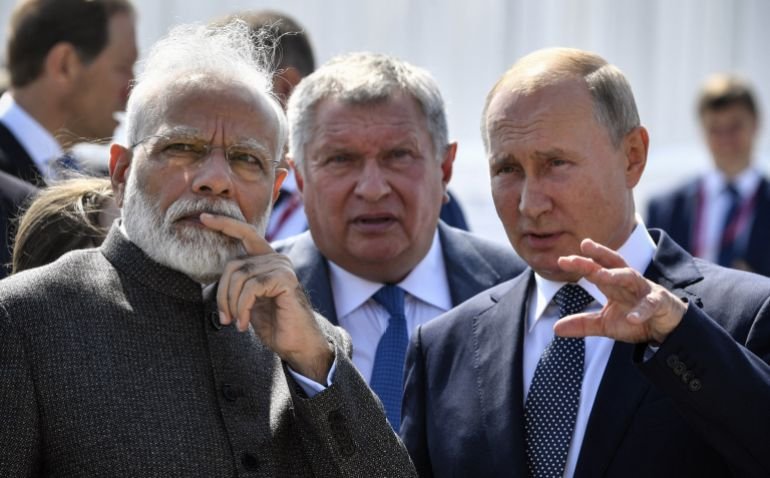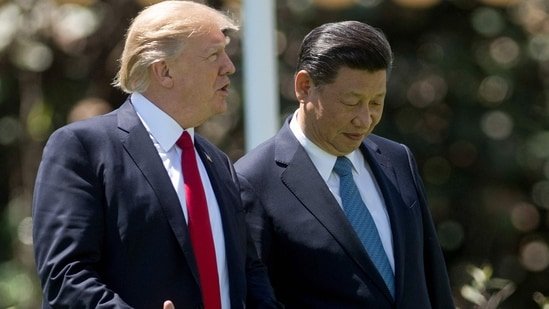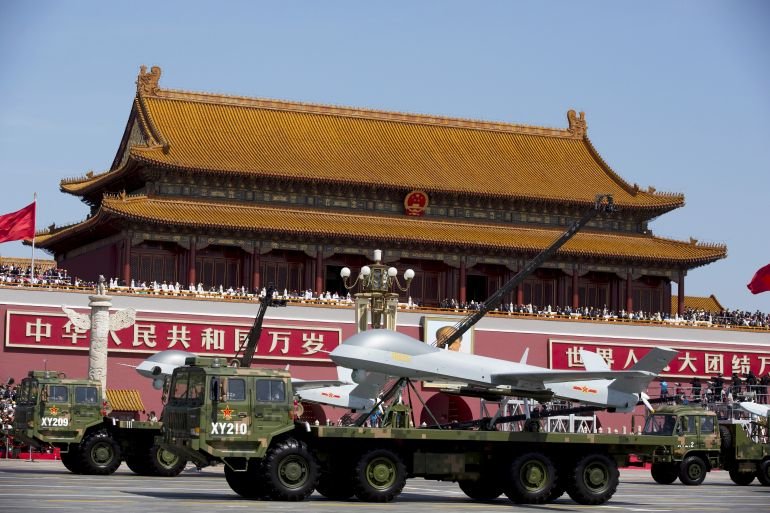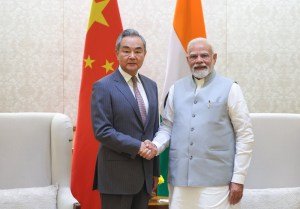China’s crude oil imports rose 11.5 per cent in July from a year earlier, supported by high operating rates at state-owned refineries, Reuters reported, citing customs data released on Wednesday.

Russia remained the country’s largest supplier, with shipments increasing 16.8 per cent year-on-year to 8.71 million metric tons, or 2.05 million barrels per day (bpd).
Imports from Saudi Arabia, China’s second-largest supplier, rose 16.6 per cent to 7.47 million tons, or 1.76 million bpd.
Imports from Malaysia, the main transhipment hub for sanctioned Iranian oil, fell sharply to 4.22 million tons, or 990,000 bpd, down 31.9 per cent from a year ago and below June’s 7.09 million tons, which had been 20 per cent higher than a year earlier.
Shipments from the United States were absent for a second consecutive month, and no crude was imported from Iran or Venezuela.
Other major suppliers included Iraq at 4.89 million tons (up 5.5 per cent), Brazil at 3.78 million tons (up 22.1 per cent), the UAE at 2.84 million tons (up 26.2 per cent), Oman at 2.50 million tons (down 25.2 per cent), Indonesia at 2.08 million tons (up 3,541.8 per cent), Kuwait at 1.61 million tons (up 16.9 per cent), and Angola at 1.42 million tons (down 32.9 per cent), Reuters reported.
While monthly shipments slowed compared with June, which saw the highest inflows in nearly two years, China’s overall imports remained strong as refineries continued to operate at high capacity.
US Secretary of State Marco Rubio had recently said that China, Russia’s largest oil buyer, has largely been spared from secondary sanctions, even as the United States imposed 50 per cent tariffs on India, including a 25 per cent duty on its trade with Moscow.
According to Rubio, most of the Russian oil purchased by Beijing is refined and then sold on the global market, and he added that imposing additional sanctions on China could further drive up global energy prices.
“Well, if you look at the oil that’s going to China and being refined, a lot of that is then being sold back into Europe. Europe’s also buying natural gas still. Now, there are countries trying to wean themselves off it, but there’s more Europe can do with regard to their own sanctions,” Rubio said in an interview with Fox Business.

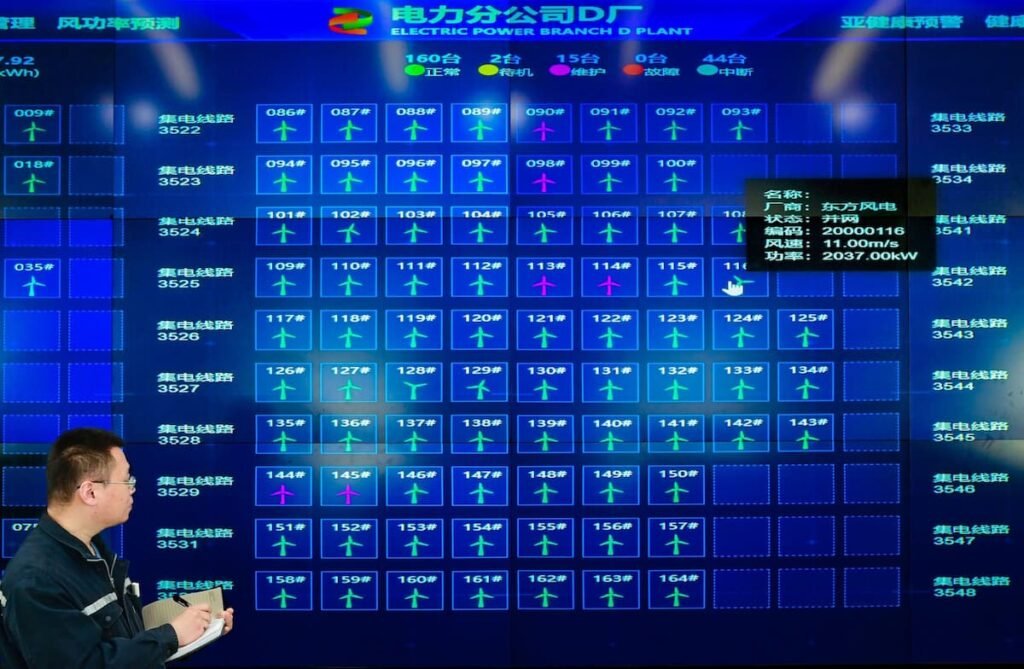
![[News] NVIDIA May Raise H20 Prices to Shield Profits but Confronts China’s Domestic Chip Push](https://koala-by.com/wp-content/uploads/2025/08/NVIDIA-Jensen-Huang-2-624x430.jpg)
